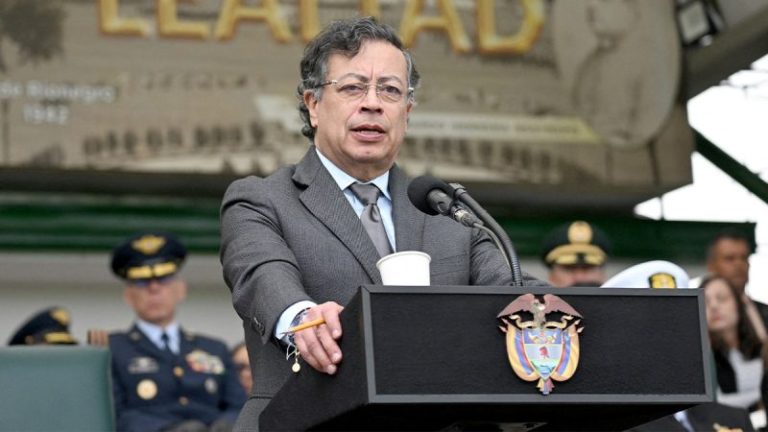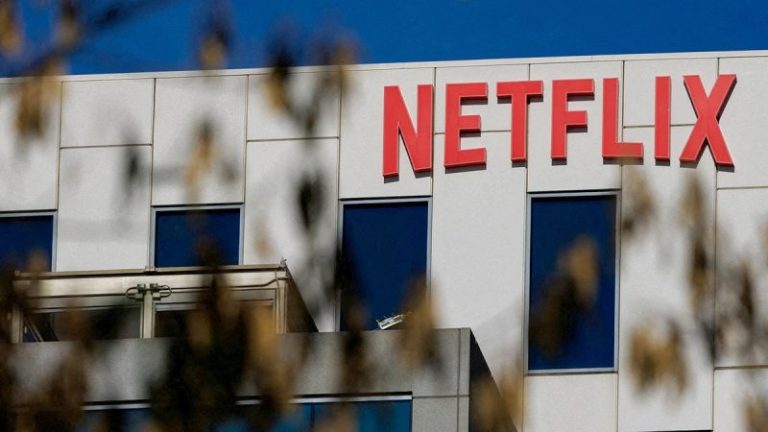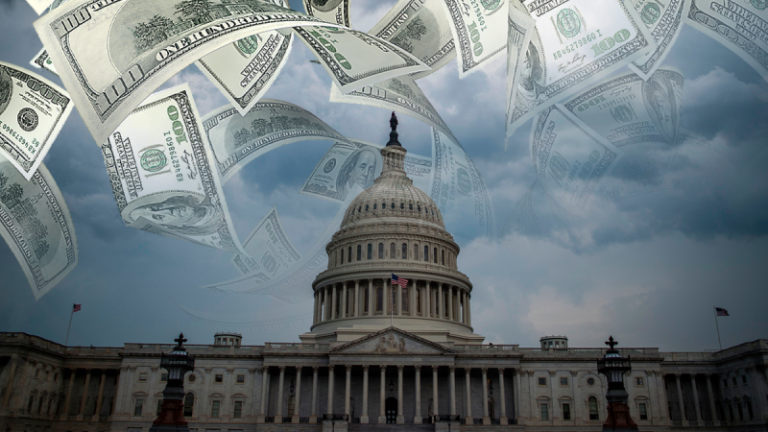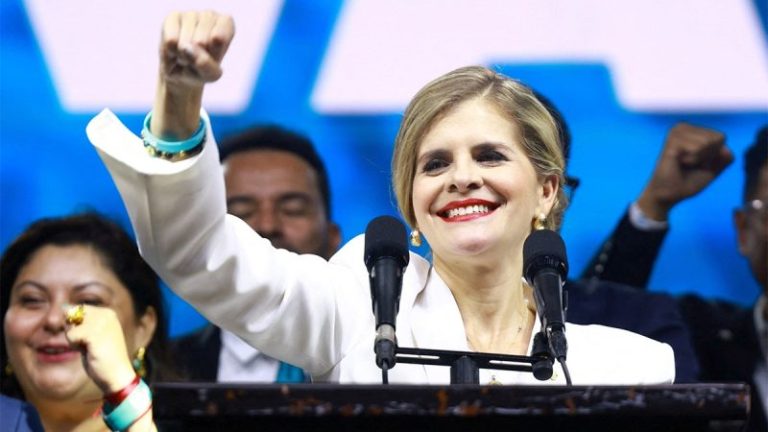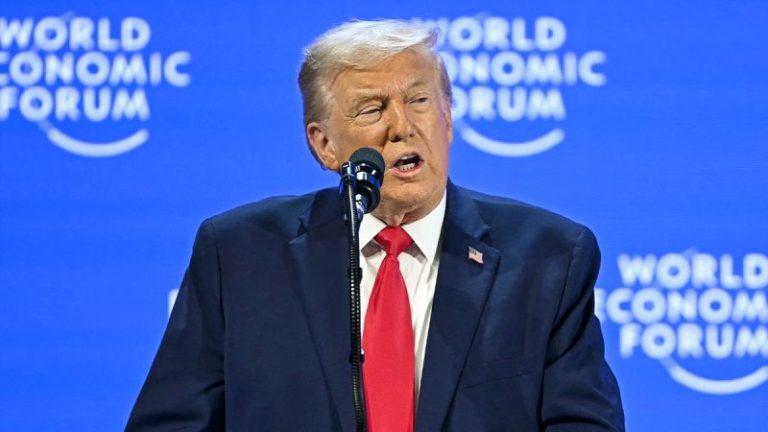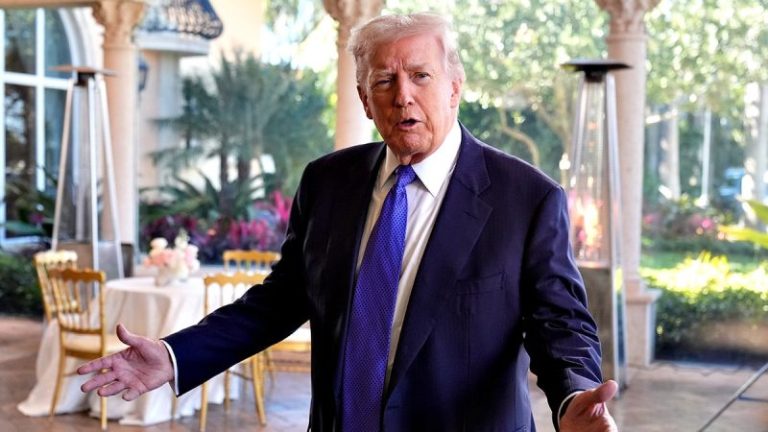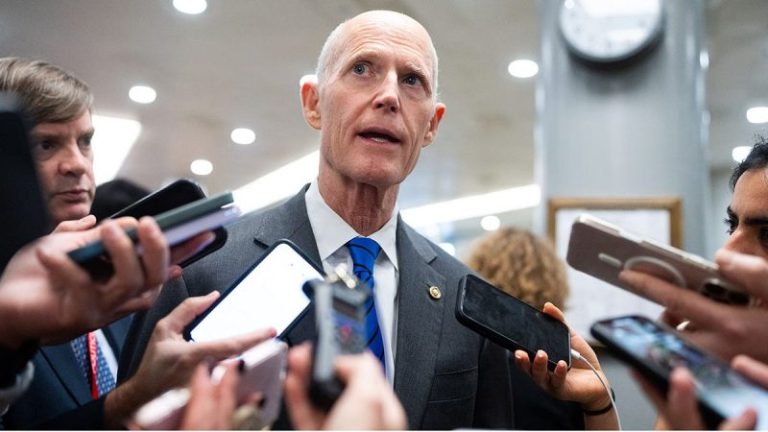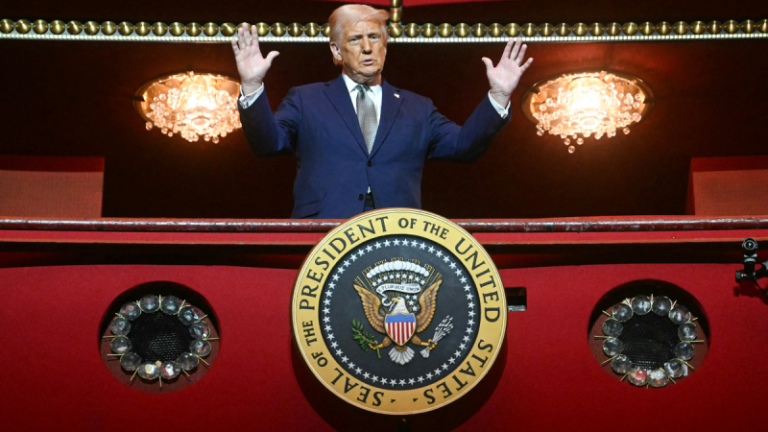Tax season already brings stress. In 2026, it brings added confusion. Changes to tax filing programs and the discontinuation of the free government-run filing system have left many taxpayers unsure about what is legitimate. That uncertainty has created an opening for scammers who move quickly when people hesitate.
‘Every tax season we see scammers ramp up their activity, and with likely confusion now that the free government-run filing system is discontinued, we’re sure scammers will take advantage,’ said Lynette Owens, vice president of consumer marketing and education at Trend Micro.
In past years, scammers have leaned heavily on impersonation. Fake IRS emails promising refunds, text messages claiming accounts have been flagged under new rules and fraudulent tax help offers that promise faster returns continue to circulate, Owens said. As February begins, many taxpayers feel pressure to file quickly. That urgency creates the perfect conditions for fraud.
Get my best tech tips, urgent security alerts, and exclusive deals delivered straight to your inbox. Plus, you’ll get instant access to my Ultimate Scam Survival Guide — free when you join my CYBERGUY.COM newsletter.
Why scammers thrive when tax rules feel unclear
Uncertainty is one of the most effective tools scammers have. When taxpayers are unsure how filing rules work or whether a message is legitimate, criminals step in with communications designed to sound official and helpful. The goal is not clarity. It is speed.
‘Scammers aim to create a heightened sense of anxiety among the people they are targeting,’ Owens said. ‘When taxpayers don’t feel confident about what’s real, whether it’s new filing options, eligibility rules or program updates, criminals step in with messages that sound official and helpful.’ They often pose as the IRS, a tax prep service, or even government support. Once trust is established, the message quickly turns transactional, asking for clicks, personal data or payments.
The most common IRS impersonation scams right now
While the delivery methods change, the core message rarely does. Something is wrong, and it must be fixed immediately.
‘The most common tactic we’re seeing is fake refund or account alert messages that claim something is wrong and demand immediate action,’ Owens said. Other scams go a step further. Some direct victims to fake IRS login pages designed to steal credentials.
Others promote fraudulent tax assistance, presenting themselves as government-backed or low-cost help in order to collect personal and financial information. These scams arrive by email, text message, phone calls and fake websites. Many are polished enough to appear legitimate at first glance.
Why phrases like new rules and urgent issues work
Language plays a central role in tax scams. Phrases such as new rules or urgent account issues are designed to trigger panic before logic has a chance to catch up. They suggest the recipient has missed something important or risks losing money.
‘Those phrases work because they can trigger panic and urgency, and people are more likely to react emotionally than logically,’ Owens said. ‘New rules suggest you may have missed something important, and an urgent account issue creates fear of penalties, delays or losing a refund.’
The safest response is to pause. Do not click links, reply to messages or call phone numbers included in the alert. Instead, go directly to a trusted source like IRS.gov using your own browser.
A real tax scam message that looks legitimate
Many tax scams follow a familiar structure. A common example reads: ‘IRS Notice: Your tax refund is on hold due to a filing discrepancy under updated 2026 rules. Verify your identity now to avoid delays.’
At first glance, messages like this may appear credible. They often include official-looking logos, reference numbers and links that resemble real government pages.
‘It may include a convincing IRS-style logo, a case number and a link that looks legitimate at a glance,’ Owens said. ‘But the red flags are usually the same.’ The message pressures immediate action, directs users to non-government websites, and requests sensitive information such as Social Security numbers, bank details or login credentials.
What happens after someone falls for a tax scam?
The damage rarely ends with a single click.
‘The most serious consequences are identity theft and financial loss,’ Owens said. ‘Once scammers have personal information, they can file fraudulent tax returns, steal refunds, open credit accounts and access bank funds.’
Victims often spend months working to recover lost money, repair credit damage and restore their identities.
How the IRS really communicates with taxpayers
Despite repeated warnings, many people still believe the IRS might email or text them.
‘A legitimate tax service or the IRS won’t reach out unexpectedly by email, text or social media, and they won’t pressure you to act immediately,’ Owens said.
Scam messages often share the same warning signs. They sound urgent, include links or attachments and ask for sensitive information right away. If a message creates panic or demands fast action, that alone is reason to be skeptical. The IRS primarily communicates by official mail. Unexpected digital contact should always raise concern.
What to watch for next as scams evolve
Tax scams continue to grow more sophisticated each year.
‘Taxpayers should watch for scams that feel more real than ever,’ Owens said. ‘That includes highly polished phishing emails, refund texts designed for quick mobile clicks, fake tax help ads and cloned websites that mimic real IRS or tax prep portals.’
The biggest mistake people still make is treating an unexpected tax message like an emergency.
‘In tax season, speed is the scammer’s advantage,’ Owens said. ‘Taking 30 seconds to double-check the source can prevent months of financial and identity damage.’
What to do if you clicked or responded by mistake
If someone realizes too late that a message was fraudulent, fast action can limit the damage.
‘First, stop engaging immediately,’ Owens said. ‘Don’t click links, download attachments or reply.’
Next, report the incident. Forward phishing emails to phishing@irs.gov and file a report at reportfraud.ftc.gov.
After that, monitor financial accounts closely, change passwords and consider placing a fraud alert or credit freeze if necessary.
To learn more about how to do this, go to Cyberguy.com and search ‘How to freeze your credit.’
Ways to stay safe during tax season
Scammers count on rushed decisions. The good news is that a few smart habits can dramatically lower your risk.
1) Slow down before responding to tax messages
Urgency is the scammer’s favorite tool. Messages that demand immediate action aim to short-circuit your judgment.
‘Scammers rely on fear, urgency or false promises, especially during tax season,’ Owens said. ‘It’s important to slow down, verify information through official channels, and use trusted security tools.’ If a message pressures you to act fast, stop. Take a breath before doing anything else.
2) Verify filing changes through official IRS channels
Scam messages often reference new rules, updated policies or eligibility changes. That language sounds credible when filing programs shift. Always confirm changes by typing IRS.gov directly into your browser or signing in to your trusted tax provider account. Never rely on links or phone numbers included in a message.
3) Protect tax accounts with strong credentials
Tax portals hold valuable personal and financial data. Weak passwords make them easy targets. Use strong and unique passwords for every tax-related account. A password manager can help generate and store secure credentials without relying on memory.
Next, see if your email has been exposed in past breaches. Our #1 password manager (see ) pick includes a built-in breach scanner that checks whether your email address or passwords have appeared in known leaks. If you discover a match, immediately change any reused passwords and secure those accounts with new, unique credentials.
Check out the best expert-reviewed password managers of 2026 at Cyberguy.com
4) Watch for pressure tactics and refund promises
Scammers know refunds motivate quick action. Messages claiming your refund is waiting, delayed or at risk often signal fraud. Be cautious of promises like faster refunds, guaranteed results or special access to government-backed assistance. Legitimate services do not operate that way.
5) Avoid links and secure your devices with strong antivirus software
Clicking a single link can expose login credentials or install malware. Do not click on links in unexpected tax messages. Also, use strong antivirus software to help block malicious sites and detect threats before damage occurs.
The best way to safeguard yourself from malicious links that install malware, potentially accessing your private information, is to have strong antivirus software installed on all your devices. This protection can also alert you to phishing emails and ransomware scams, keeping your personal information and digital assets safe.
Get my picks for the best 2026 antivirus protection winners for your Windows, Mac, Android & iOS devices at Cyberguy.com
6) Reduce your digital footprint
Personal data fuels tax scams. The more information criminals can find online, the easier impersonation becomes. Using a data removal service can help limit exposed personal details across data broker sites. Less data means fewer opportunities for scammers to exploit your identity.
While no service can guarantee the complete removal of your data from the internet, a data removal service is really a smart choice. They aren’t cheap, and neither is your privacy. These services do all the work for you by actively monitoring and systematically erasing your personal information from hundreds of websites. It’s what gives me peace of mind and has proven to be the most effective way to erase your personal data from the internet. By limiting the information available, you reduce the risk of scammers cross-referencing data from breaches with information they might find on the dark web, making it harder for them to target you.
Check out my top picks for data removal services and get a free scan to find out if your personal information is already out on the web by visiting Cyberguy.com
Cyberguy.com
Kurt’s key takeaways
Tax season pressure makes even cautious people vulnerable. In 2026, filing confusion adds fuel to the fire. Scammers know this and design messages to look official, urgent and helpful. Pausing, verifying and trusting official sources remains the strongest defense. When something feels rushed, it is usually for a reason.
Have you received a suspicious IRS message this tax season, and what made you question whether it was real? Let us know by writing to us at Cyberguy.com
Get my best tech tips, urgent security alerts, and exclusive deals delivered straight to your inbox. Plus, you’ll get instant access to my Ultimate Scam Survival Guide — free when you join my CYBERGUY.COM newsletter.
Copyright 2026 CyberGuy.com. All rights reserved.
This post appeared first on FOX NEWS


